Save Legs. Change Lives.™ is committed to helping patients get all the support they need in the fight against Peripheral Artery Disease. Below, you'll find important resources from partner organizations that can provide information and assistance in reducing your risk, managing your condition, and learning about potential artery disease treatment options.
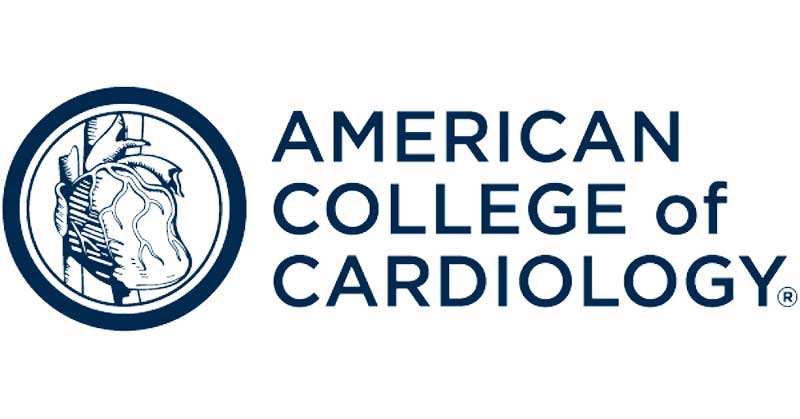
The American College of Cardiology seeks to transform cardiovascular care and improve heart health. They provide information about heart conditions, resources to support important healthcare conversations, and tools to build a partnership between patients and healthcare providers in the effort to personalize care.

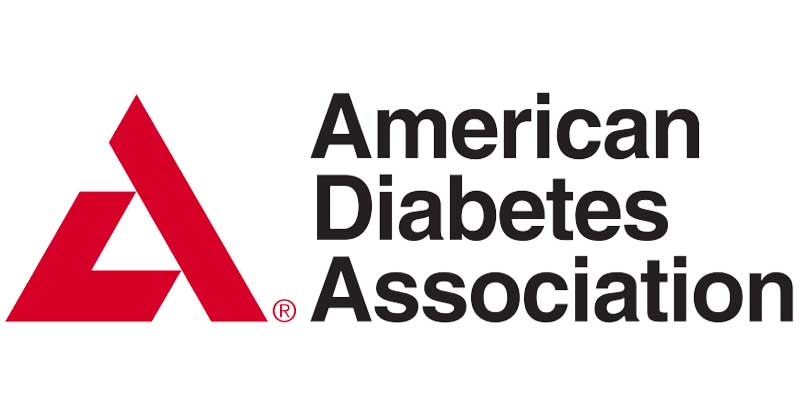
There is a strong link between developing diabetes and experiencing PAD. The American Diabetes Association is one of the premier organizations dedicated to both preventing and managing the effects of diabetes.

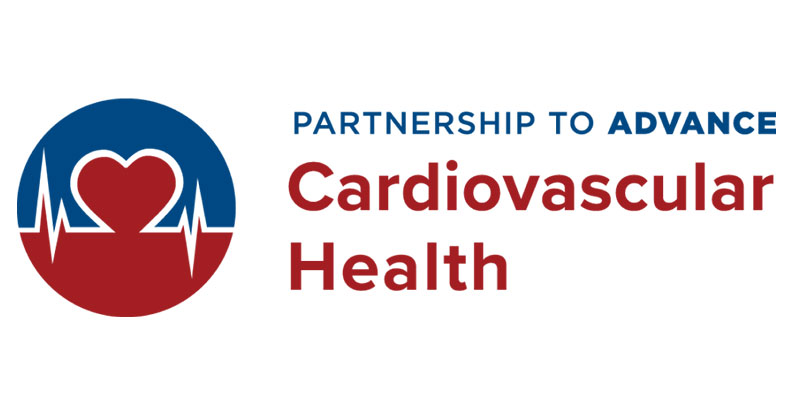
PACH advocates for patient-centered health policy on behalf of heart patients across America. PACH is a nonprofit coalition of patient and provider organizations working together to educate and advocate for millions of Americans with heart disease.

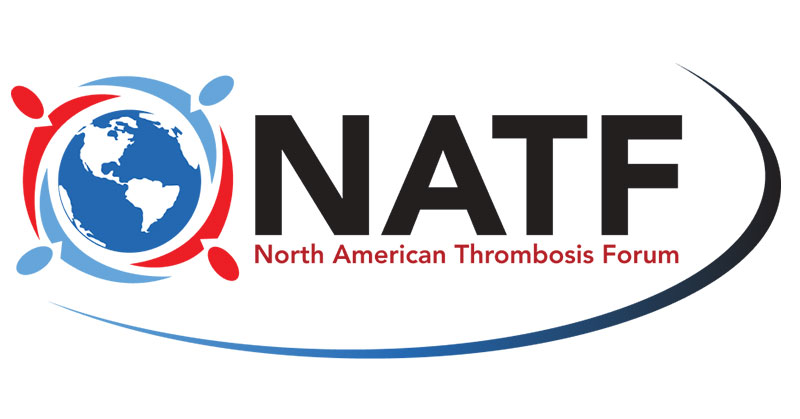
Fighting Blood Clots through Education. The North American Thrombosis Forum improves patient care, outcomes, and public health by advancing thrombosis research and education.

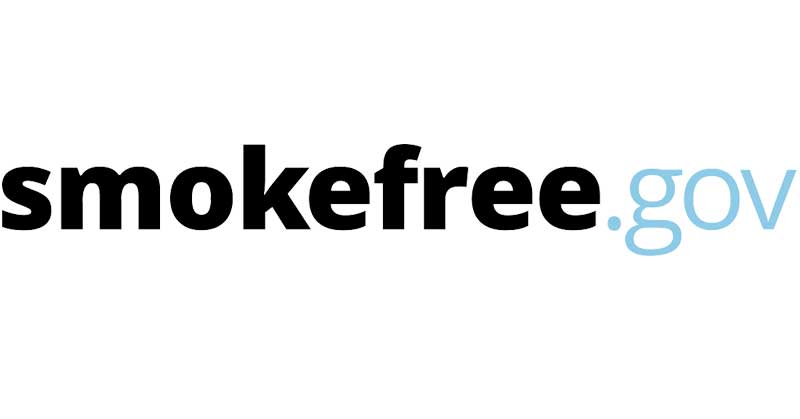
Smoking is known to cause a variety of negative health effects. It’s also one of the biggest risk factors for developing PAD. Here you’ll find resources and support to help you quit.

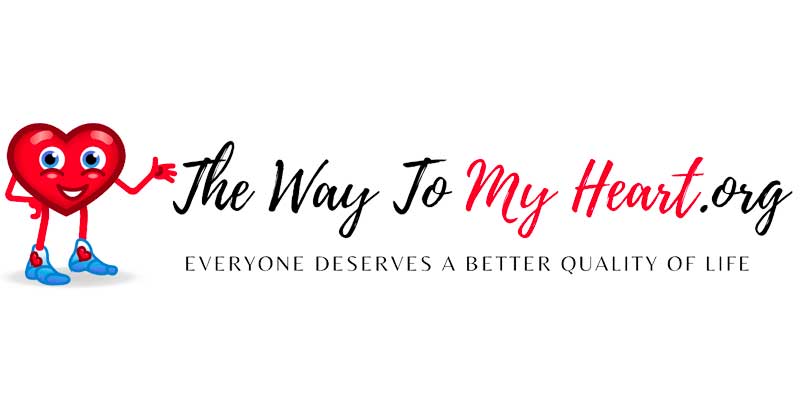
A nonprofit focused on personalized education, high-touch advocacy, and real-time support for PAD patients to help them navigate the healthcare system throughout their PAD journey. Here you'll learn about PAD, find specialists in your area, join online peer support groups, and get lifestyle modification support. Call their Leg Saver Hotline to talk to someone anytime you have questions about your PAD journey or for help with accessing limb-saving resources and care at (415) 320-1076.

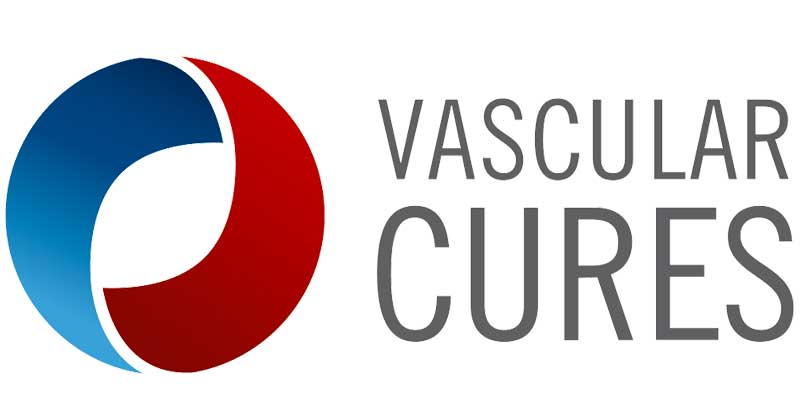
The Foundation to Advance Vascular Cures is committed to transforming vascular health outcomes. We do this through education, accelerating research and nurturing innovative collaborations -- always patient-centered, with a constant eye to responding to the needs of underserved populations. Please see our resource library for educational materials that support these efforts.
